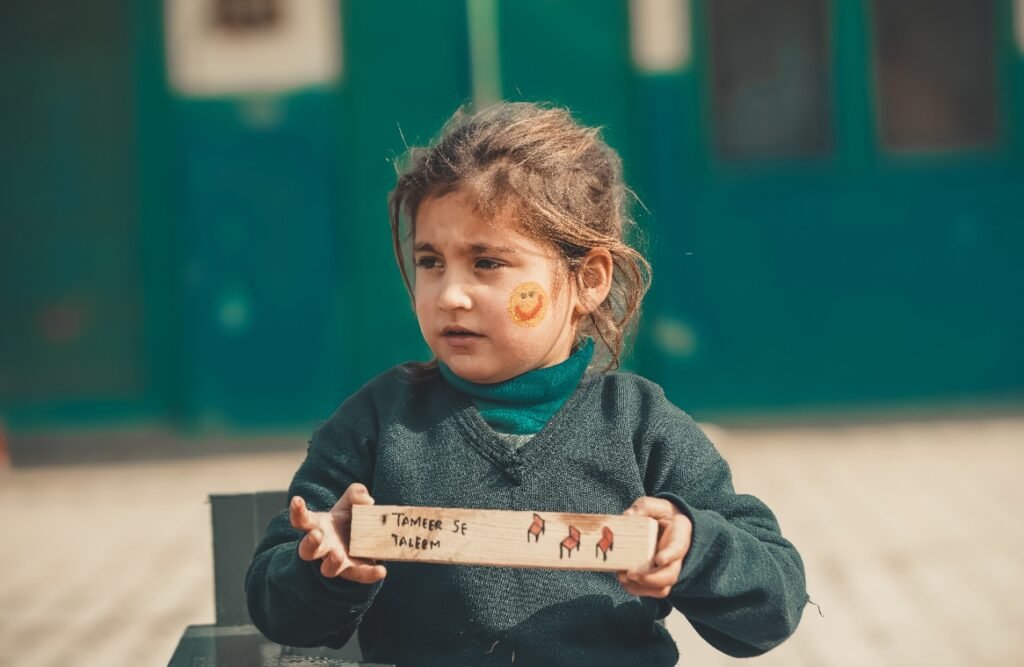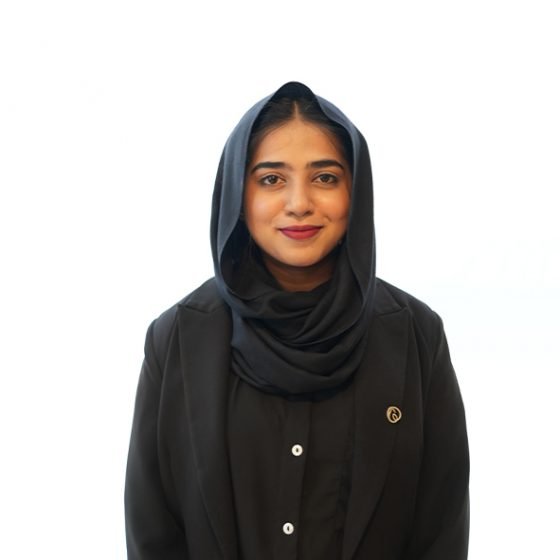What is Construct to Instruct Project?
Construct to Instruct (TameerSeTaleem), as the name suggests, is a circular economy concept that promotes the reuse of construction waste and leftover material for renovating slum-based and/or underprivileged schools.

Problem Statement
The Construct to Instruct Model focuses on solving two major issues in lower-middle-income countries – the rise in construction waste and poor infrastructure in primary and secondary schools.
In Pakistan, there are around 172.5 thousand primary schools nationwide with a dropout rate of 22.7% (Ministry of Finance, 2020). 6.8% of primary schools have no building structure, 40.5% lack toilets, and 37.8% have no fences. On the other hand, Pakistan’s construction waste production is on the rise, producing 6mn tonnes of construction waste each year. That makes up 30% of the total solid waste in the country. The rise follows the trends of rising construction rates and housing demand as urbanization takes its toll. Pakistan has an increase in annual urbanization rate of 3%.
Let’s dig further into these issues.
Poor Infrastructure in Public and Slum-based Schools
Pakistan has around 172.5 thousand primary schools nationwide with a dropout rate
of 22.7% (Pakistan’s Ministry of Finance, 2020). Lack of basic facilities is one persistent issue in
these primary schools. Pakistan has four provinces apart from the Federal Capital Islamabad, whereby, in Sindh, more than 21,000 schools do not have a boundary wall, while 19,469 have no washroom facility,
as per an official report (Ali, 2021).
In Punjab, the majority of the schools do not have enough furniture, classrooms, and toilet facilities (Saeed & Wain, 2011), while a phenomenological study by Shahid and Qureshi (2021) highlights the lack of basic infrastructure like furniture, blackboards, and proper ventilation in Punjab’s non-formal schools.
In Khyber Pakhtunkhwa (KP), more than 2000 schools have no boundary walls and 6000 primary schools function without electricity (Zia, 2018).
And lastly, as per UNICEF, approximately 60-70% of children in Balochistan are out-of
school due to a shortage of schools (only one primary school per 30kms) (Maqsood, 2020).
Given the abysmal condition of primary school infrastructure in Pakistan, it is important to innovate
sustainable solutions to equip schools with basic facilities and renovate them regularly.
The Magnitude of Construction Waste
In Pakistan, the volume of construction waste is mounting, primarily driven by large-scale infrastructure projects such as the China-Pakistan Economic Corridor (CPEC), the Naya (New) Pakistan Housing Programme, and the Disaster and Climate Resilience Improvement Project (Shahid, et al., 2023). These initiatives contribute significantly to the increasing amount of leftover materials from construction activities across the country. Pakistan’s Economic Survey (2021-2022) highlights the construction industry’s substantial role, comprising approximately 2.56% of the nation’s GDP, with an impressive growth rate of 64.3% observed in the Housing Building Sector (NAPHDA, 2022).
Despite the lack of precise data on construction waste production in Pakistan, estimates suggest that around 30% of the country’s solid waste stems from construction activities (Iqbal and Baig, 2016). Given the scale of construction endeavours in Pakistan, there’s a pressing need for sustainable waste management practices within the industry (Shahid et al., 2023; Khan et al., 2021; Akhund et al., 2019).
Scholars and experts stress the importance of implementing effective strategies to address the growing challenge of construction waste. Sustainable waste management not only mitigates environmental impacts but also contributes to the long-term viability of Pakistan’s construction sector, ensuring its continued growth and development responsibly.
The Solution – Construct To Instruct
Addressing Pakistan’s mounting construction waste challenge necessitates a solution grounded in the circular economy and the principles of “Reduce, Reuse, and Recycle” (3Rs). The proposal advocates for repurposing construction waste to renovate educational facilities for underprivileged communities. The TameerSeTaleem (Construct to Instruct) initiative seeks collaboration between various stakeholders including IMARAT, a Pakistani construction group, to champion the reuse of materials to renovate slum-based schools, enriching the learning environment for disadvantaged children.
The Pilot Project of TameerSeTaleem
A pilot project has already been implemented by Pakistan’s leading real estate group, IMARAT, consisting of two phases. The first included the conversion of wood waste into furniture for two Islamabad-based slum schools as an initial step. Subsequently, another school underwent renovation using construction leftovers, see the video attached. This approach not only addresses the waste issue but also improves educational infrastructure for those in need.
Case Study Research at the University of Nottingham

Concurrently, having led this project, I am now conducting a case study research at the University of Nottingham to evaluate the project’s impact and implications, aiming to inform large-scale implementation strategies. The ultimate objective is to establish Construct to Instruct as a separate non-profit organisation to run more collaborations and present policy recommendations to the Pakistani government, advocating for the formalization of such practices within the construction sector. Furthermore, the project seeks to leverage private sector CSR initiatives and promote sustainable endeavours with mutual benefits.
Support this Initiative Now!
If you want to support this initiative, sign the petition for a national policy on this idea on change.org/tameersetaleem. Let’s join hands together to contribute to a transformative solution that addresses both waste management challenges and educational disparities in Pakistan.
Testimonial from a Child
“I want to come to school daily. It’s so colourful now. I don’t want to go home. I want to sleep here as well!”
_ 3rd Grader, Baithak School
For more information, follow my social media blogs via linktr.ee/zohajaved or scan the QR code below:


